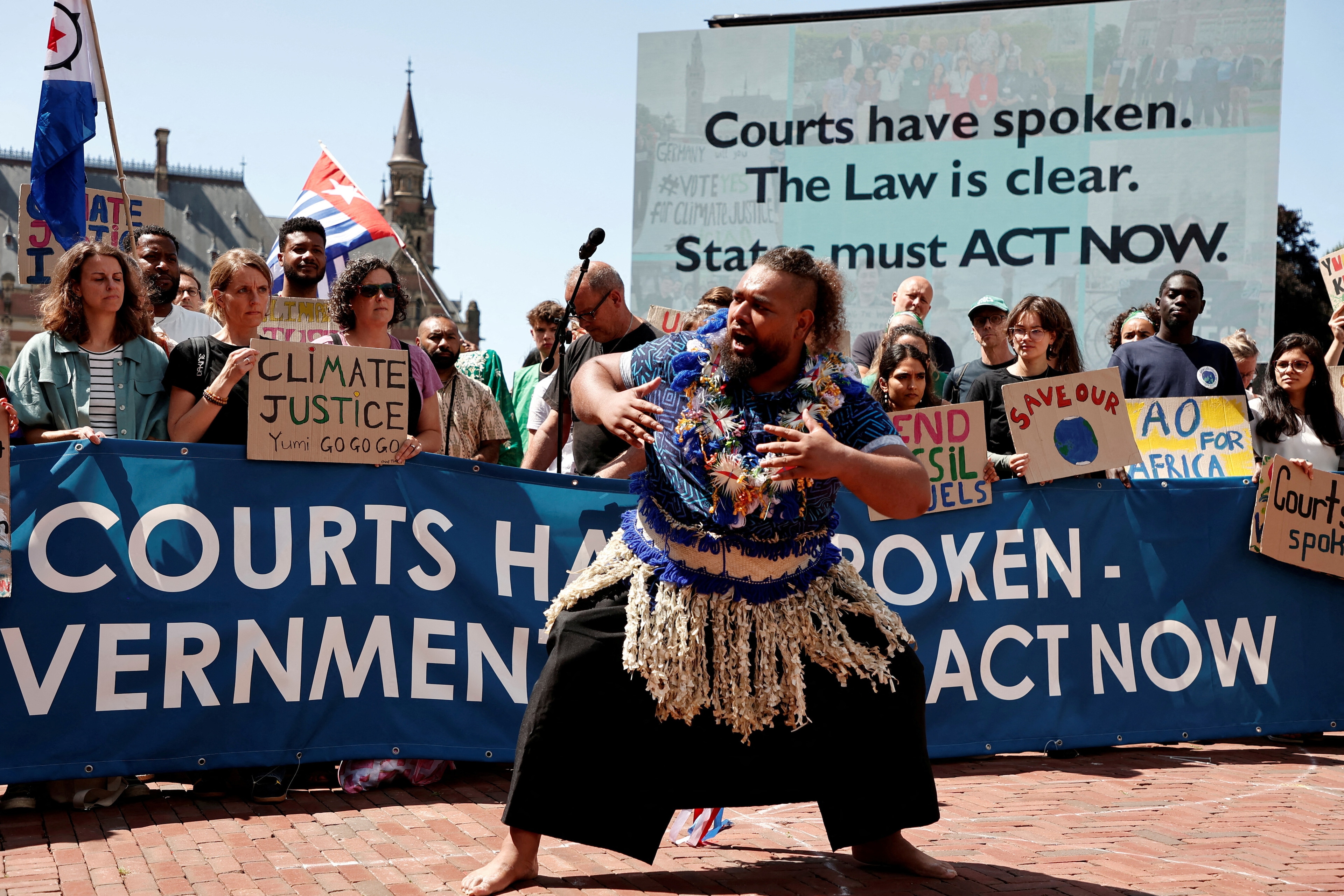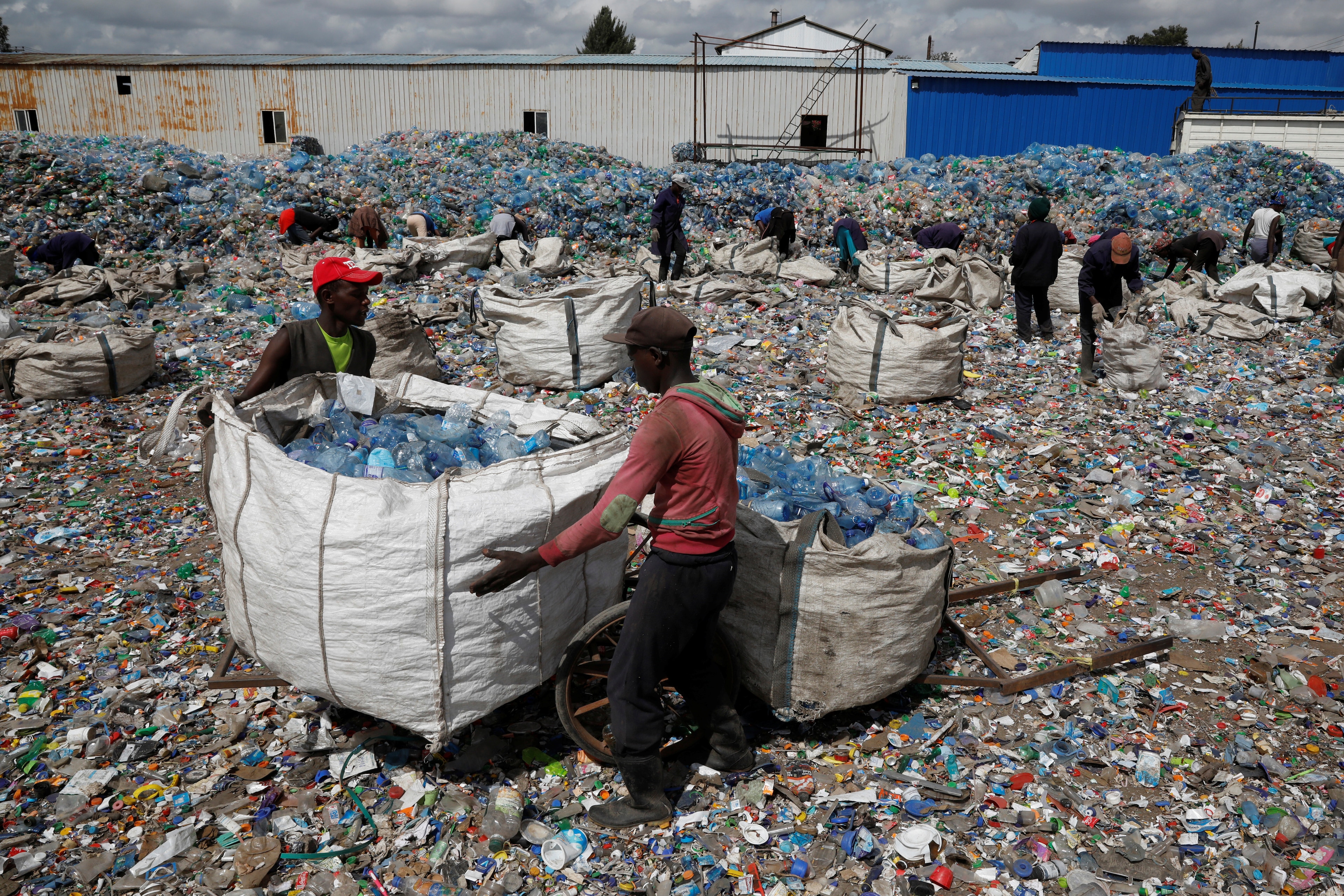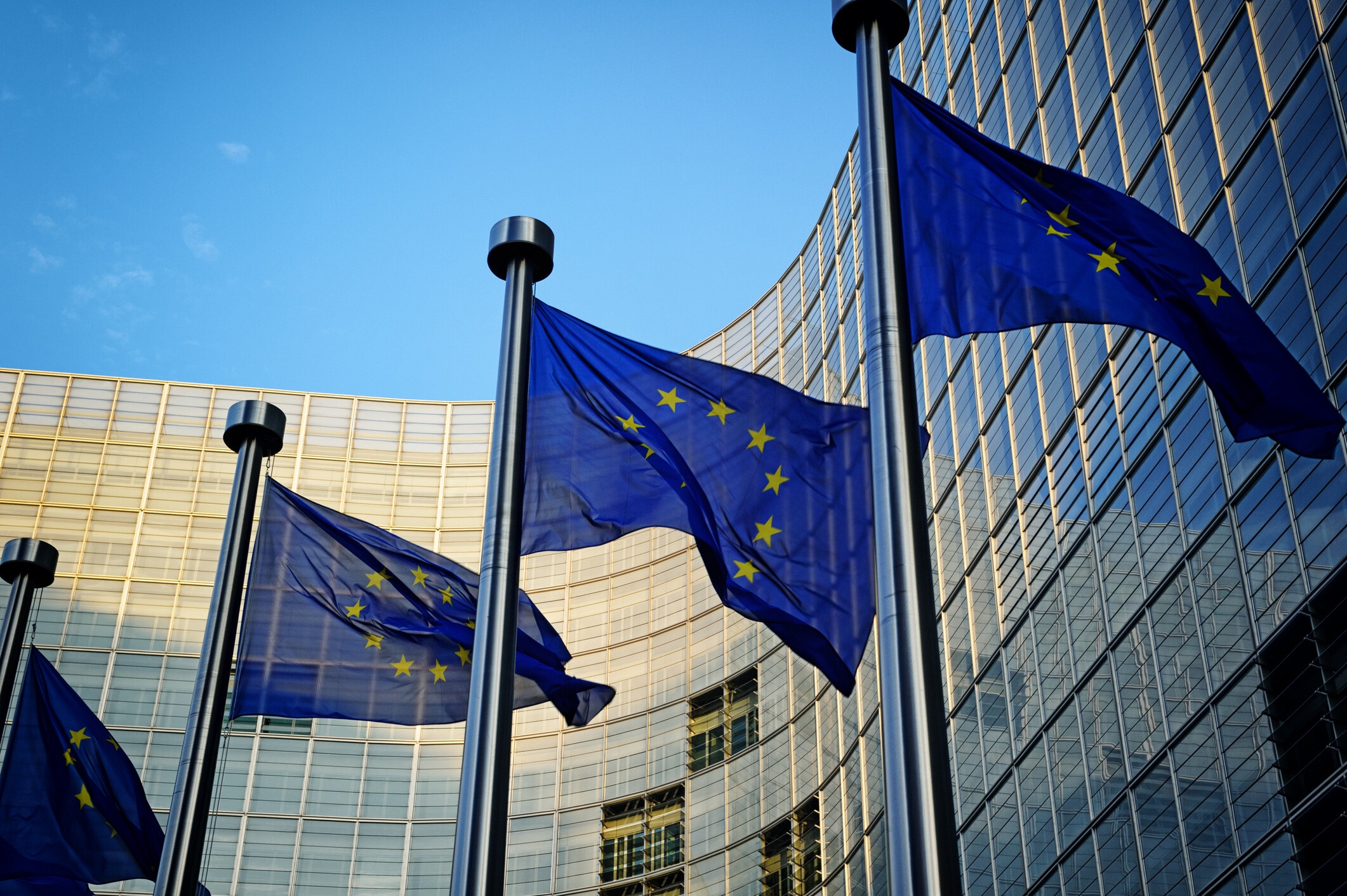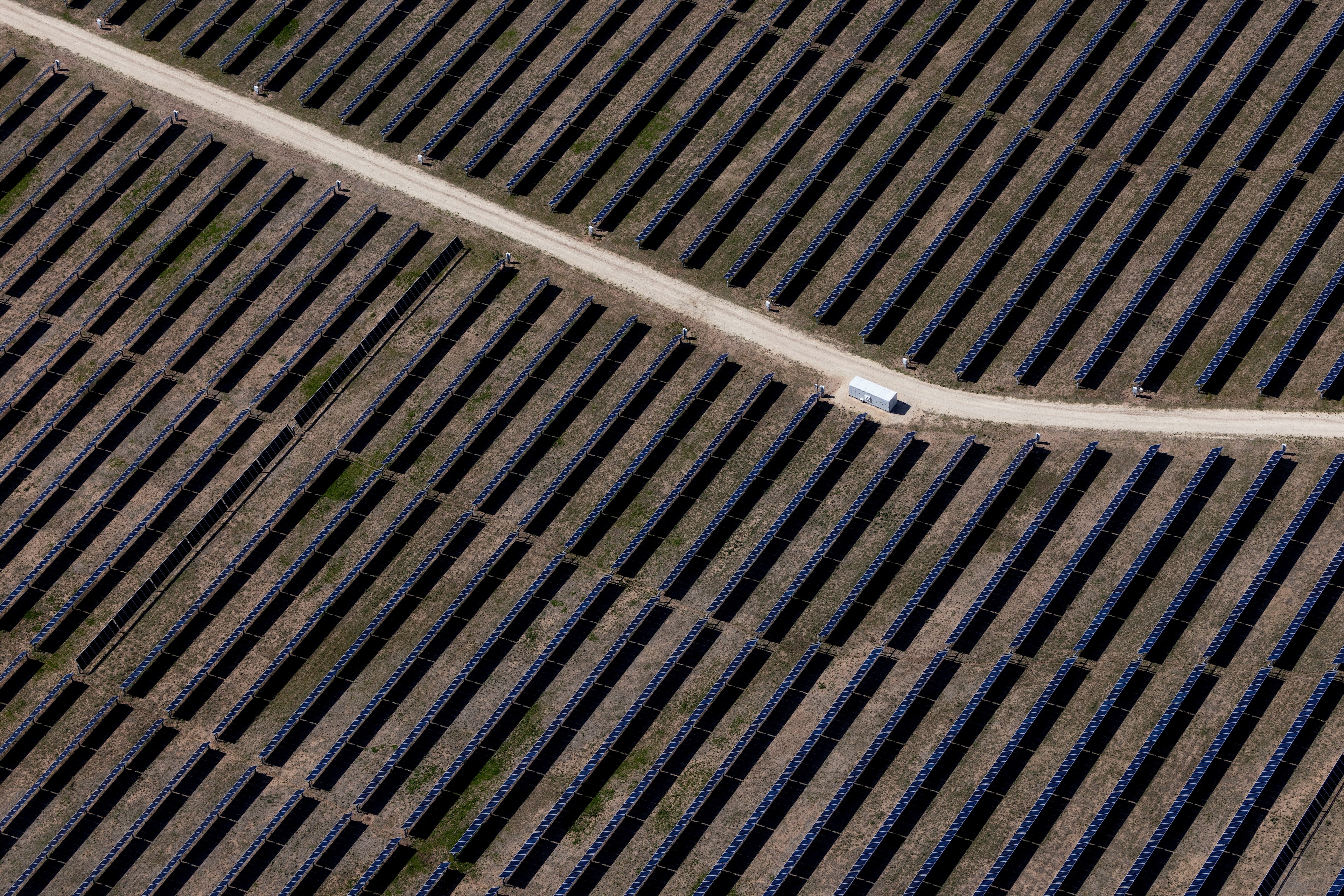Why would anyone die for a seed? New 'House on Fire' podcast looks at the race to save genetic diversity
Latest 'House on Fire' podcast tracks the race to save the world's genetic codes.
Image: Joshua Lanzarini
Stay up to date:
Future of the Environment
- Episode 2 of our new 'House on Fire' podcast takes an in-depth look at different approaches to salvaging genetic diversity, from early 20th-century seed collecting to sequencing genomes.
- Other episodes focus on ocean plastic, deforestation, blue finance, direct air capture, alternative meats and more.
- Subscribe to House on Fire on Apple, Spotify, Acast and more.
- You can find more World Economic Forum podcasts here.
The second episode of House on Fire explores the extraordinary lengths scientists have gone to in order to find and preserve genetic diversity for future generations. In the teeth of the 'sixth mass extinction', how urgent is the task of locating and preserving the species that remain? And how might it be done?
The episode tells the history of early seed bank pioneer Nikolai Vavilov, a Soviet agronomist who first understood the critical role that genetic diversity could play in global agriculture and ending famine. He was imprisoned for his efforts, but not before he had built the world’s first major seed bank, in Leningrad. It was there, as the city came under siege from Nazi forces during the Second World War, that a team of scientists sacrificed their lives to protect the seeds, starving to death rather than eat them.
Accept our marketing cookies to access this content.
These cookies are currently disabled in your browser.
To bring the story up to date, we talk to the modern-day intellectual descendents of Vavilov, Chris Cockell from London’s Kew Gardens, and Hannes Dempewolf from the Crop Trust, two scientists who have worked on the Crop Wild Relatives Project. This initiative has seen volunteers travel the ends of the Earth to find and collect the wild relatives of the crops humanity depends on for sustenance, from the carrot to the aubergine, from wheat to rice. Braving tigers, snakes and armed militias, these volunteers have collected thousands of seeds so that the world might have access to the genetic diversity that will be needed to keep our crops viable as the climate changes.
Finally, we speak to Juan Carlos Castilla Rubio, who is attempting what must surely be the most ambitious attempt of all to save the world’s biodiversity: the Earth Bank of Codes. Simply put, this is an ultra high-tech seed bank for global biodiversity in its entirety - a safe-storage unit that will ultimately contain the genetic information for all the world’s known species. He says that this will be the foundation of a multi-trillion-dollar biosciences economy, whose profits will both fund and incentivize the conservation of the world’s last biodiversity hotspots.
Listen to our sister podcasts World Vs Virus, about the global pandemic, and The Great Reset, on the efforts to "build back better" here.
Join the World Economic Forum Podcast Club on Facebook.
Don't miss any update on this topic
Create a free account and access your personalized content collection with our latest publications and analyses.
License and Republishing
World Economic Forum articles may be republished in accordance with the Creative Commons Attribution-NonCommercial-NoDerivatives 4.0 International Public License, and in accordance with our Terms of Use.
The views expressed in this article are those of the author alone and not the World Economic Forum.
Related topics:
Forum Stories newsletter
Bringing you weekly curated insights and analysis on the global issues that matter.
More on Nature and BiodiversitySee all
Tom Crowfoot
July 30, 2025
Oliver Kade and Sarah Hadley
July 28, 2025
Nasim Pour, Sebastien Cross and Joel Gould
July 28, 2025
Elena Raevskikh and Giovanna Di Mauro
July 23, 2025
Arunabha Ghosh and Jane Nelson
July 22, 2025






